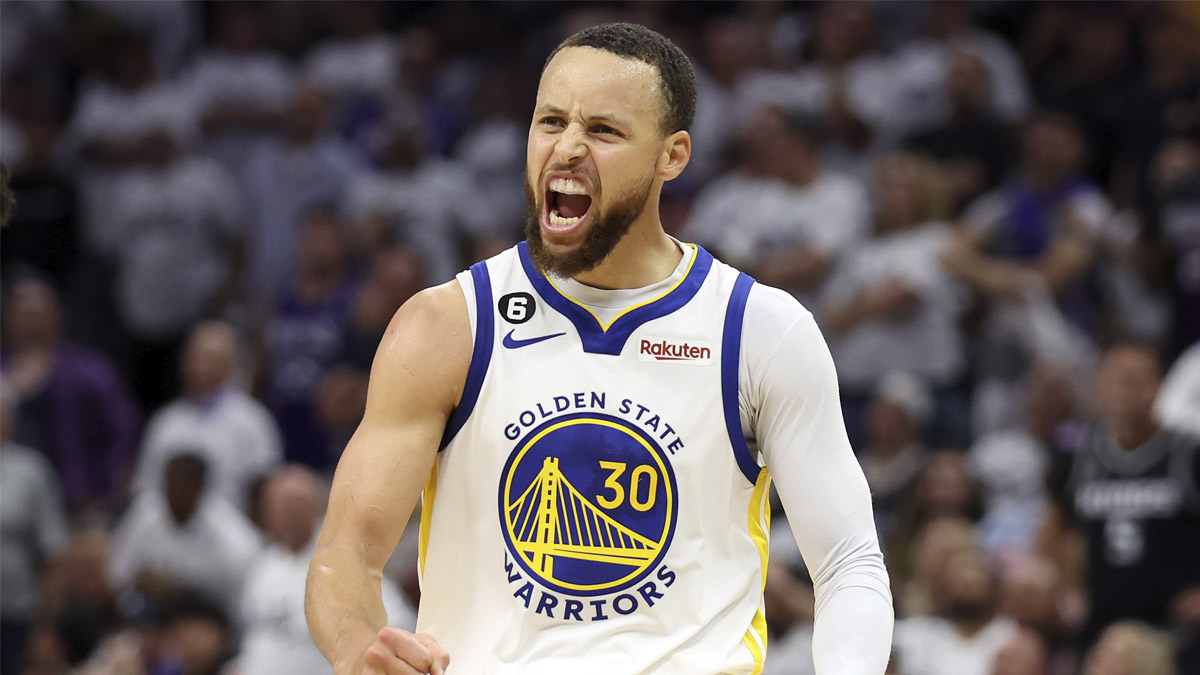If the 1990s were the boom years for Silicon Valley start-ups, you could probably call the new model Modern Maturity.
We recently visited the offices of Qik, a Silicon Valley start-up that turns your smartphone into a video camera. In a short period of time, Qik has ridden a roller coaster all too familiar to start-ups these days: Funding, publicity and promise, followed by a gut-wrenching tumble that almost killed the whole thing off.
Start-ups like Qik struggled through the downturn, largely because as the economy turned south, Venture Capital funding dried up. Without VC money, start-ups can't grow, hire, or, for the most part, innovate. Great ideas get stuck in the ether, and high-paying jobs go unfilled. As Steve Jurvetson of Silicon Valley VC giant Draper Fisher Jurvetson told me, it's time for start-ups to "set expectations that raising money is tough, and don't count on it."
Just as start-ups depend on VC money, Silicon Valley depends on start-ups. They're the little companies that hatch big ideas. Google was once a small start-up. So was Sun. You know the stories of companies like HP, Apple, and Excite -- they all started in garages. But the start-up model took a big hit, leaving in its wake high unemployment, fewer ideas and almost no chance of a Yahoo or Google-like IPO.
But Silicon Valley will not be denied. It's come back from harsher predicaments, and we've seen new start-ups rise from the ashes. They're leaner, meaner and spend a lot less money than in years past. Remember all those big parties, with models, ice sculptures and bands? They're just a memory now, as start-ups deal with fewer employees, less money and absolutely no excess. Start-ups like Mint.com, which kept its offices lean, its payroll at a minimum and its nose to the grindstone. Mint, which makes software to track expenses (talk about a great idea for the current economy), was eventually bought by software giant Intuit for $170 million. Not an IPO, but not a bad exit either.
You'll be seeing other examples of start-ups that chose substance over flash in the months to come. They're the ones making apps, software, anything that they see a need to fill. They're not getting as much money as start-ups used to, but they're spending what they get wisely, and they're being noticed by big companies, who are buying them up every day. Some are even prepping for their own IPOs.
And Qik? They've had to cut back on their staff, and move into a smaller office, but they've stayed alive, and are starting to get hot again. New deals with the likes of Sprint bringing money into their coffers, and a new sense of optimism in the office. CEO Vijay Tella says, "I think it makes a company more resolved when you come out of an environment like that." Talk about maturity. That's the start-up of today.
Local
Have a good start-up story? Let Scott know on Twitter: @scottbudman



